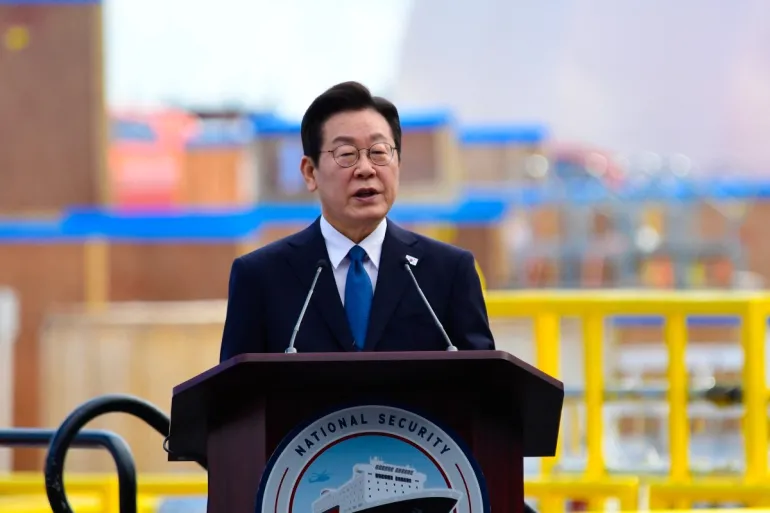Kathmandu, Nepal – In an unprecedented move, thousands of young Nepalis used the gaming app Discord to select Sushila Karki, a former Chief Justice, as the country’s first female interim prime minister, following two days of violent anti-corruption protests that left at least 72 people dead.
The protests, which began after the government banned popular social media platforms including Discord, Instagram, and Twitter, quickly escalated into riots. Parliament and other key government buildings were torched, forcing Prime Minister KP Sharma Oli to resign.
On Friday, President Ramchandra Paudel dissolved parliament, lifted the social media ban, and swore in Karki as the leader of a six-month interim government tasked with restoring calm before elections in March 2026.
The protests were led by Hami Nepal, a Gen Z activist group with more than 160,000 members. After Oli’s resignation, they invited citizens to debate the country’s future on Discord.
More than 10,000 people joined the discussion room, with another 6,000 following a YouTube livestream. Participants nominated candidates, debated issues like corruption, jobs, university reforms, healthcare, and police accountability, and eventually voted in real-time.
Five candidates made the final shortlist, including social activists and independent politicians. Karki, respected for her tough stance against corruption — including jailing a sitting minister in 2012 — emerged as the winner.
“My name was brought from the streets,” Karki said in her first address as PM. “We will not stay longer than six months. Our job is to restore order and hand power back to the next elected government.”
Observers say the Discord vote marked the first time in history that a leader of an electoral democracy was chosen through a virtual public forum.
Supporters say this method was more transparent than backroom political deals.
“It was absolutely the need of the moment — an impromptu common ground to bring as many voices as possible,” said Aayush Bashyal, a participant in the debate.
To combat fake news, the group created a fact-check channel within Discord, debunking viral misinformation, including false claims about protest leaders’ citizenship and alleged royal involvement in the movement.
Analysts warn that while the Discord vote shows the potential for digital democracy, it also raises concerns about manipulation, fake accounts, and the risk of mob influence.
Journalist Pranaya Rana said Gen Z’s approach represents the future of activism but added, “It can be easily infiltrated and manipulated. There must be safeguards.”
Anti-corruption activist Padmini Pradhanang urged the young leaders to focus on integrity and good governance.
“These young people have only experienced kleptocracy,” she said. “They have never seen true democracy. This is their chance to build it.”
For some protesters like Regina Basnet, the process was both empowering and unsettling.
“At first it was peaceful and hopeful. But the killings and chaos were traumatising,” she said. “We are trying to figure it out together, but it’s a scary new chapter.”
Karki’s interim government faces the enormous task of calming tensions, prosecuting those responsible for protester deaths, and preparing free and fair elections. Many believe popular Kathmandu mayor Balen Shah, who endorsed Karki’s appointment, could be a leading contender for prime minister in March.
For now, Nepal is experiencing a unique democratic experiment — one where digital platforms, not politicians, are setting the agenda.



